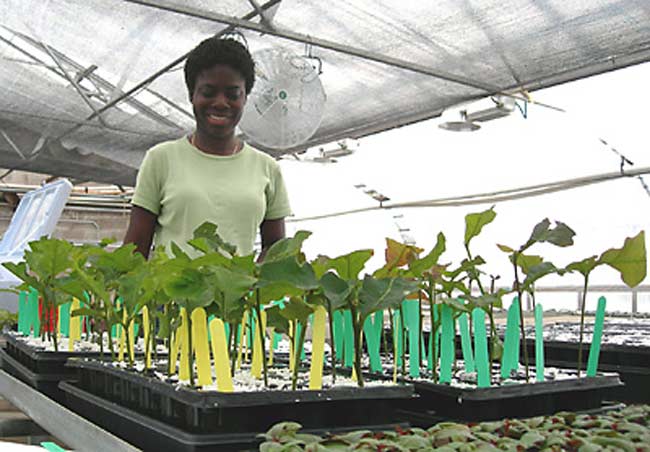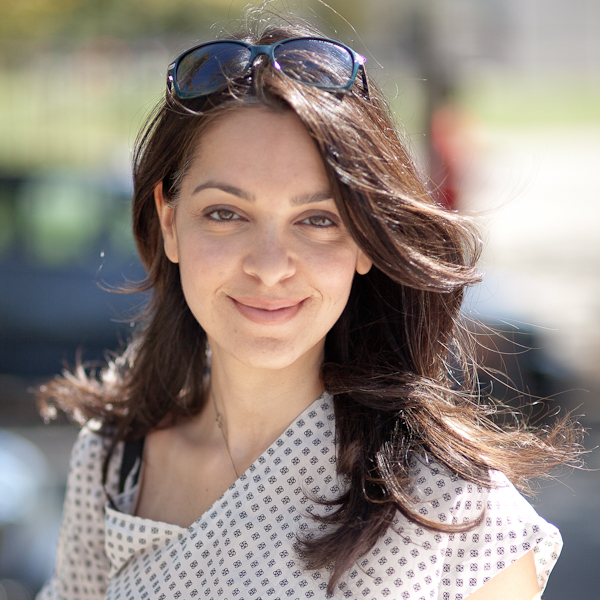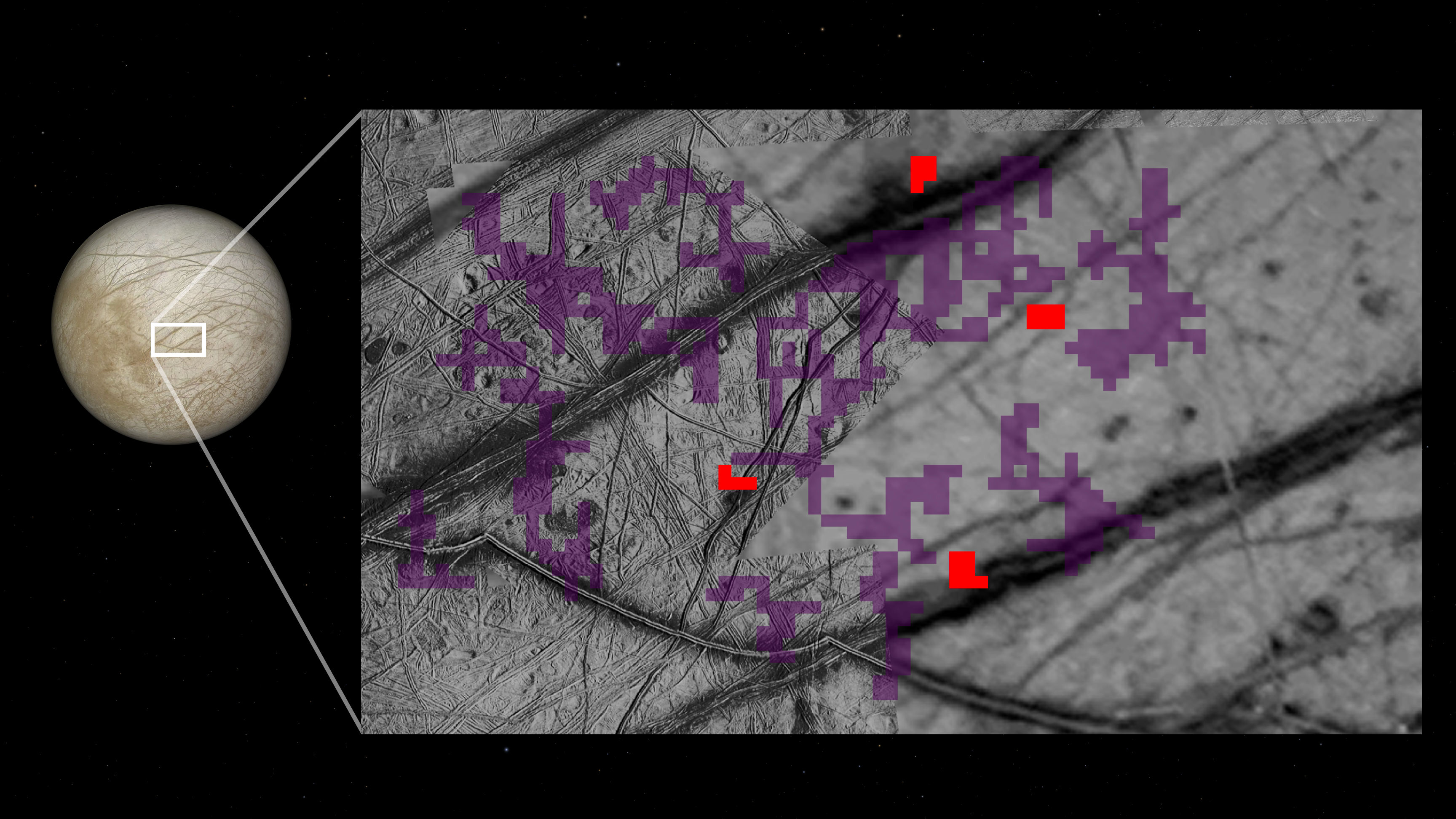Designer Trees Coming to New York City

Get the world’s most fascinating discoveries delivered straight to your inbox.
You are now subscribed
Your newsletter sign-up was successful
Want to add more newsletters?

Delivered Daily
Daily Newsletter
Sign up for the latest discoveries, groundbreaking research and fascinating breakthroughs that impact you and the wider world direct to your inbox.

Once a week
Life's Little Mysteries
Feed your curiosity with an exclusive mystery every week, solved with science and delivered direct to your inbox before it's seen anywhere else.

Once a week
How It Works
Sign up to our free science & technology newsletter for your weekly fix of fascinating articles, quick quizzes, amazing images, and more

Delivered daily
Space.com Newsletter
Breaking space news, the latest updates on rocket launches, skywatching events and more!

Once a month
Watch This Space
Sign up to our monthly entertainment newsletter to keep up with all our coverage of the latest sci-fi and space movies, tv shows, games and books.

Once a week
Night Sky This Week
Discover this week's must-see night sky events, moon phases, and stunning astrophotos. Sign up for our skywatching newsletter and explore the universe with us!
Join the club
Get full access to premium articles, exclusive features and a growing list of member rewards.
New York City is world famous as a showcase for designer clothes, shoes, and furniture. The latest designer item will be urbanite trees that can withstand the harsh inner-city setting.
Trees have it rough in New York. They have to withstand compacted acidic soils, road salt, and low hanging utility wires, to name just a few challenges.
Yet nowhere are trees more needed than in cities.
Trees improve urban life not only by providing natural beauty and shade but also by taking up carbon dioxide and releasing oxygen. They also reduce greenhouse gases and storm-water runoff and cut down on summer energy needs, said Andrew Hillman, the forester for Ithaca, where he oversees 14,000 trees.
In an effort to improve the survival chances of urban trees, scientists have developed a cloning technique that allows oaks to develop their own root system rather than having growers painstakingly use the grafting method, which involves propagation by joining plant parts.
The new method could develop trees that are easy to establish at nurseries and transplant to cities such as New York.
Oaks generally don't root from cuttings. For this reason, researchers from Cornell University have been working with an ornamental plant breeder in an effort to improve this tree's rootability
Get the world’s most fascinating discoveries delivered straight to your inbox.
"We have combined native cold-hardy trees with much shorter southern and desert species that can tolerate heat, drought, compacted low-oxygen soil, road salt and the concrete-induced high pH soils common to cities," said Peter Podaras of the Landscape Plant Development Center in Mound, Minn. "Smaller-sized trees require less long-term maintenance and do not interfere with power lines. We believe these new, extremely vigorous hybrids have excellent potential as the ultimate street trees and for backyard landscaping."
About 200 combinations of oak were started at Cornell. Some of them are now six feet tall. The university is also growing maple clones that were crossed with a shorter, drought-tolerant Chinese variety that can be used in city settings. These varieties will be tested in Long Island and central and western New York later this year.
"If the new clones root well and prove to be tolerant of urban growing conditions, including drought and extreme wet weather, they represent a huge economic market potential for New York nurseries through purchasing by municipal foresters, arborists and homeowners," said project leader Nina Bassuk of Cornell University's Urban Horticulture Institute.
 Live Science Plus
Live Science Plus






